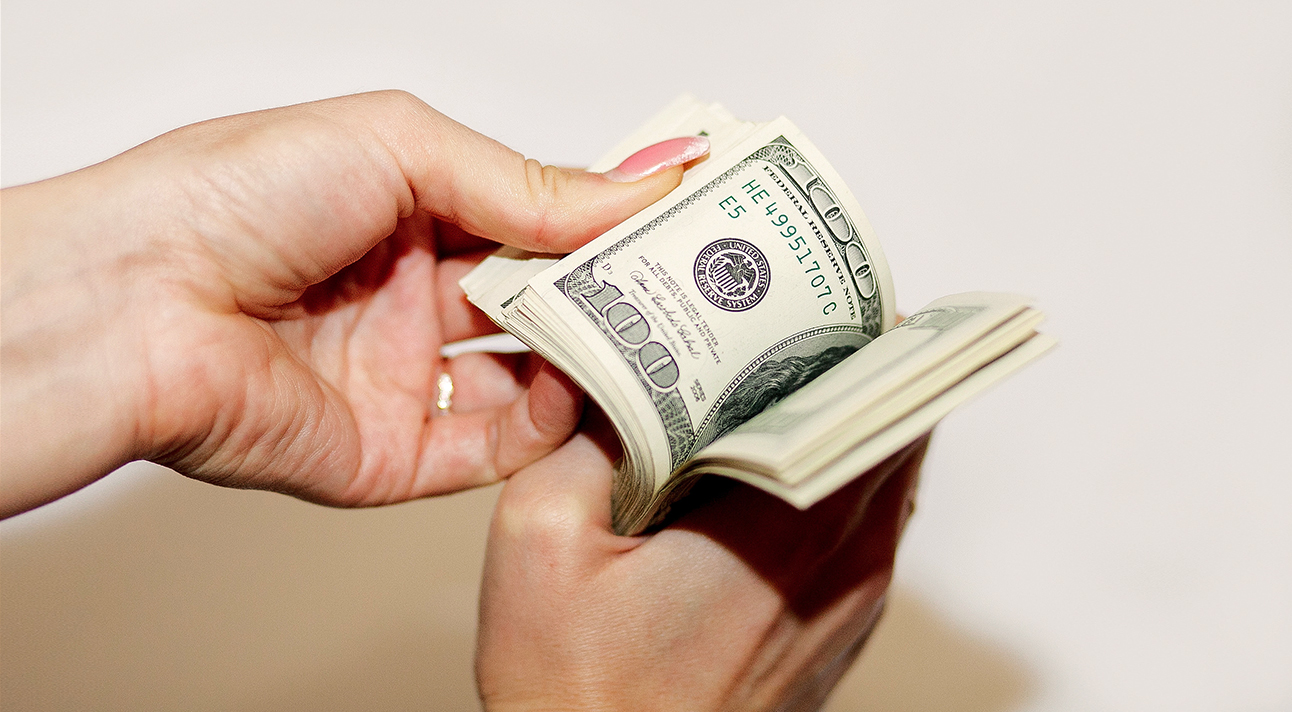In a lot of cases, getting handle on your personal finances is as simple as changing the way you look at money and credit and how you use them. With this in mind, consider the following advice from Andrew Housser, CEO of Freedom Finance Network, a family of companies providing innovative solutions to help people live healthier financial lives.
1. Make Responsible Financial Choices
A quote from the film The Great Debaters paraphrases to mean: “We do what we have to do now, so we can do what we want to do later.” Being conservative with spending when it is prudent sets you up for more enjoyment in the future. Meanwhile, overspending now and feeling stressed about it later imposes the exact opposite effect.
You will always find things you like. Great deals come along just about everyday. In fact, the entire economy is predicated upon delivering great deals. When faced with a choice, do what you need to do with your money today, knowing there will lots of opportunities to do what you want to do when you’re better positioned to do so.
2. The Smart Way to Use Credit
Going into to debt to buy a fancy dinner is usually a bad use of credit. Going into debt to buy something you can use to generate income is a smart use of debt. And yes, there are times when that fancy dinner will set you up to close a business deal. Just be sure that’s what you’re doing.
Similarly, if you’re in a position to purchase something you like with a card, get points toward travel or some other benefit and pay it off in full at the end of the month before interest is added, that’s great too.
However, if you have to charge something and let interest accrue, make certain you’re getting something that will pay for itself—including the interest.
Along those lines, while taking out a mortgage to buy a home also entails going into debt, this can be “good” debt. You have to have a place to live and all things being equal, buying a home is usually a smarter financial move than renting one. After all, you’ll get to take advantage of the equity the property earns as its value increases.
3. Understand the Value of an Emergency Fund
Yes, there are times when a credit card is a handy thing to have. Should an abrupt situation dictating a large expenditure arise, you’ll be glad you have a credit card.
However, if you make a habit of saving money, you can build up an emergency fund capable of helping you handle those situations without going into debt. Or, at the very least, you can minimize the amount of debt you must take on to deal with them.
4. Recognize the Pros & Cons of Using Charge Cards
Let’s say your car suffers an expensive failure unexpectedly. Being able to charge the repair is a good thing. Plus, the car will provide benefits such as getting you back and forth to work.
Then again, the downside is you’ll pay more for the repair in the long run because you’ll have to foot the interest charges. So, on the one hand, the credit card is a good thing. But on the other, it can have a debilitating effect on your long-term economic picture.
One of the best ways to ensure a positive future for yourself and your family is learning to empower your personal finances as early in life as possible. It’s never too soon to get good at it. If you have them, start teaching your kids now.



















